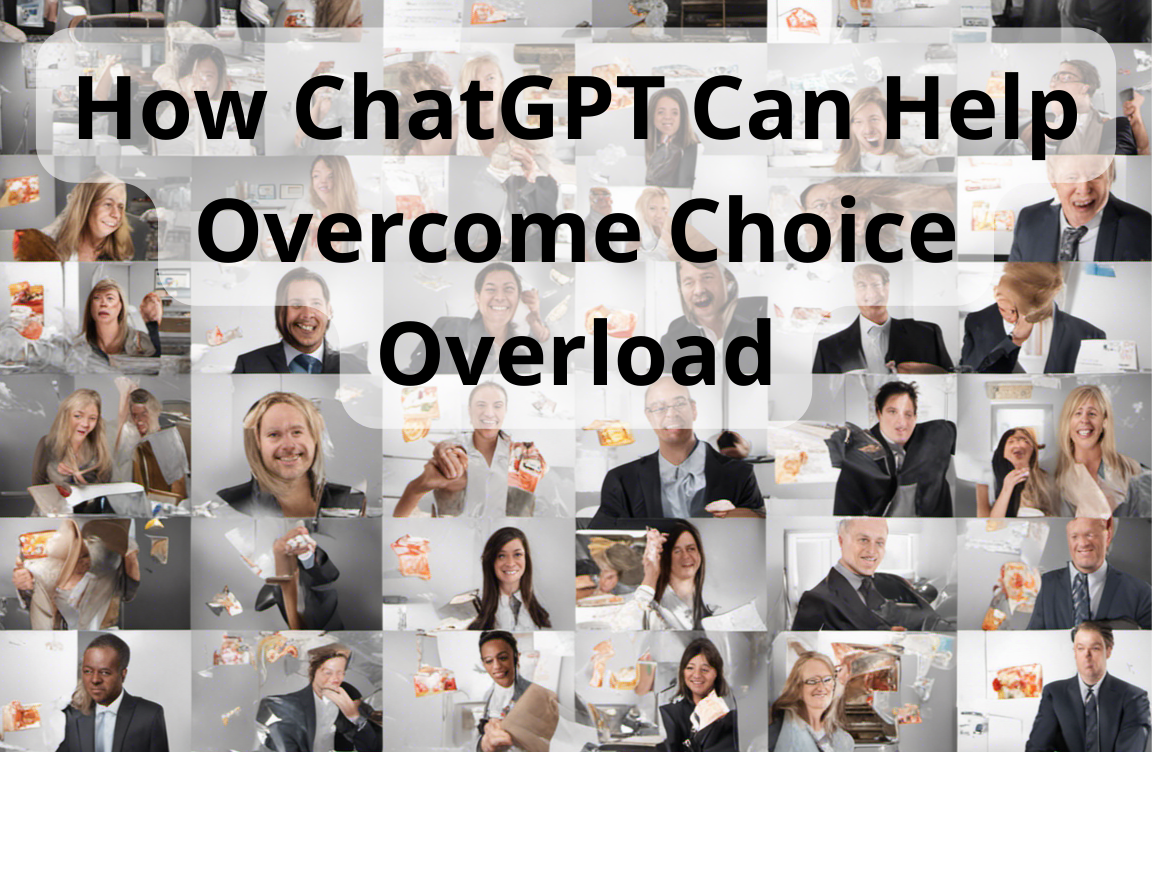
The researchers focused on the phenomenon of “choice overload,” where having too many options can lead to decision difficulties.
Contrary to traditional scenarios, the study found that users actually preferred receiving a larger number of recommendations from ChatGPT, valuing the chatbot’s perceived accuracy. In fact, users appreciated up to 60 or 70 recommendations from ChatGPT. This suggests that AI-generated options have the potential to enhance decision-making processes across various industries.
ChatGPT is an example of a chatbot that utilizes large language models and can engage in realistic conversations with users. These chatbots are trained on vast amounts of data, enabling them to generate highly personalized recommendations based on factors like user interests, browsing history, and preferences.
As these chatbots become more prevalent in various industries, understanding how consumers perceive their responses is crucial. The Ritsumeikan University study aimed to investigate how ChatGPT recommendations impact decision-making, particularly in relation to choice overload.
The phenomenon of choice overload occurs when individuals are overwhelmed by the number of options available, leading to difficulties in making decisions and potentially lower satisfaction with the chosen option.
In a series of five independent studies, participants were provided with recommendations from ChatGPT, ranging from songs to places to visit in Kyoto, Japan. The researchers analyzed participants’ satisfaction, perceived accuracy, and intention to engage with the recommendations.
The results revealed that participants preferred receiving a large number of options from ChatGPT, such as 60 or 70 recommendations. Their satisfaction and intention to purchase increased as the number of options increased, as they perceived the chatbot’s suggestions to be accurate.
Interestingly, participants also preferred recommendations from ChatGPT over those from humans or online travel agents. This highlights the influence of the recommendation agent on consumer preferences for the number of options.
These findings have important implications for real-world applications. Businesses can leverage the perceived accuracy of ChatGPT’s recommendations to provide consumers with multiple options, facilitating better decision-making without overwhelming users. Developers can also design customized and user-friendly recommendation systems that align with consumer needs and preferences, particularly in industries like tourism and online shopping.
Overall, ChatGPT represents a significant advancement in recommendation systems, providing tailored suggestions that enhance decision-making processes. The study emphasizes the need for further exploration and utilization of AI-generated recommendations in real-world contexts, while also considering information accuracy and personalization.
